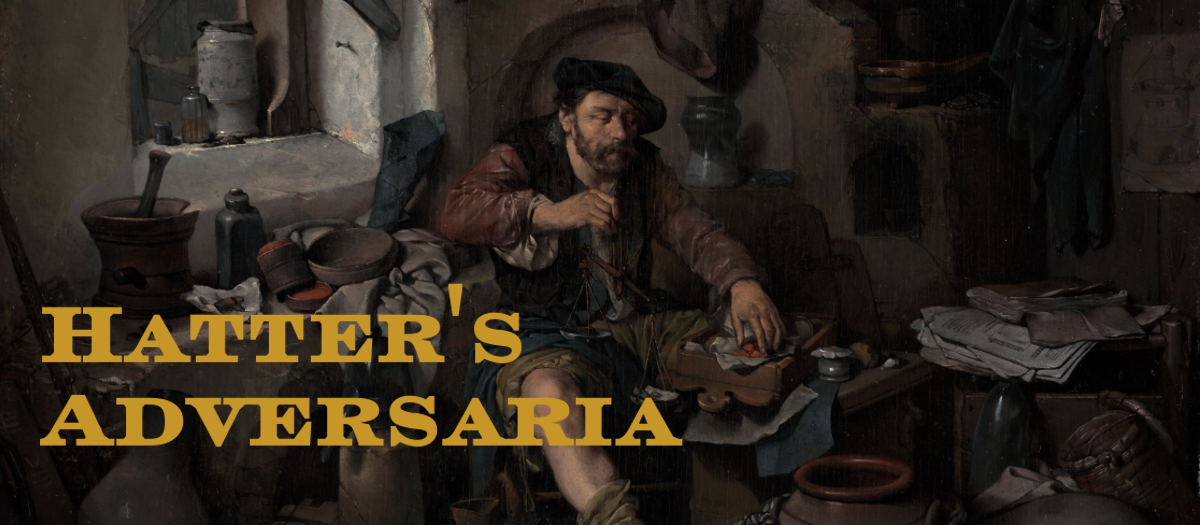Something apropos to the time of the year appearing by happenstance in a book that has been long on my shelves and finally decided to read through: Jean Seznec's The Survival of the Pagan Gods: The Mythological Tradition and Its Place in Renaissance Humanism and Art (trans. Barbara F. Sessions, Princeton UP 1953, 1981; published under Bollingen Series XXXVIII). I'm not terribly far into the book, but I'm confident that if the title at all catches you you will enjoy the read.
It's a long excerpt; to keep it from being even longer I'm starting just a touch in the midst of things.
|
Such was the situation with which Christianity found itself confronted. In its intolerance of all the pagan cults, it is only natural that special hostility should have been shown to their most recent and lively embodiment – belief in powerful stellar divinities, with Helios as their king. This hostility is in fact apparent from the very beginnings of Christianity: St. Paul reproaches the Galatians for continuing to observe "days and months and times and years" in the name of the "weak and beggarly elements" to which they desire again to be in bondage. Later, the apologists (here, incidentally, echoing the views of Philo of Alexandria) explain that it is a crime to deify the physical world – to worship the thing created instead of the creator. What seems to them particularly impious in the worship of the heavenly bodies, as well as a danger to morals, is that such worship implies a denial of all human liberty and can end only in a discouraging fatalism. At first sight, it would therefore seem that Christianity had nothing but cause to abhor pagan astrology and to oppose it. |
